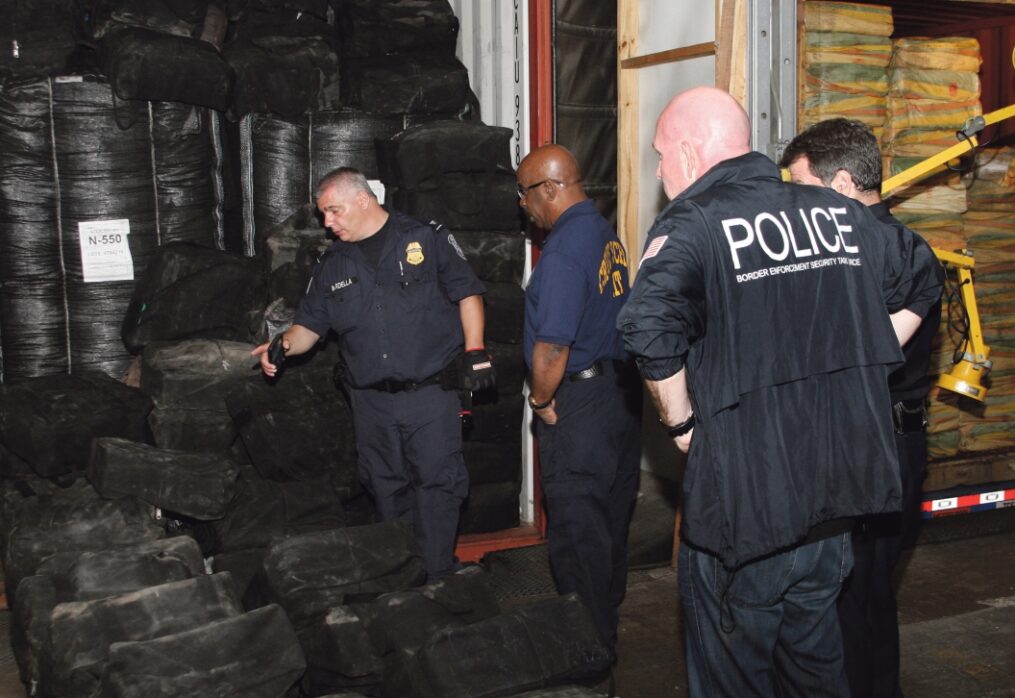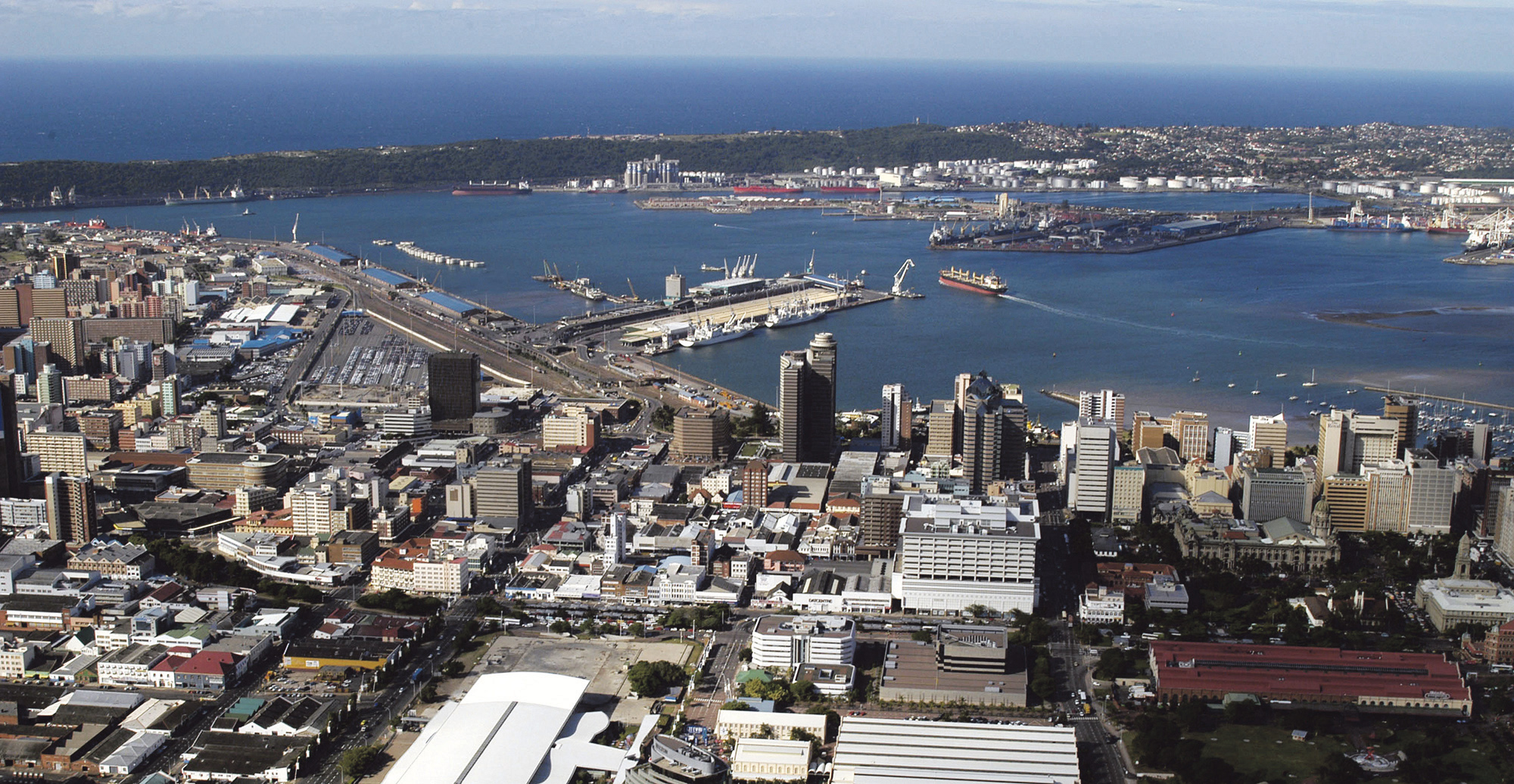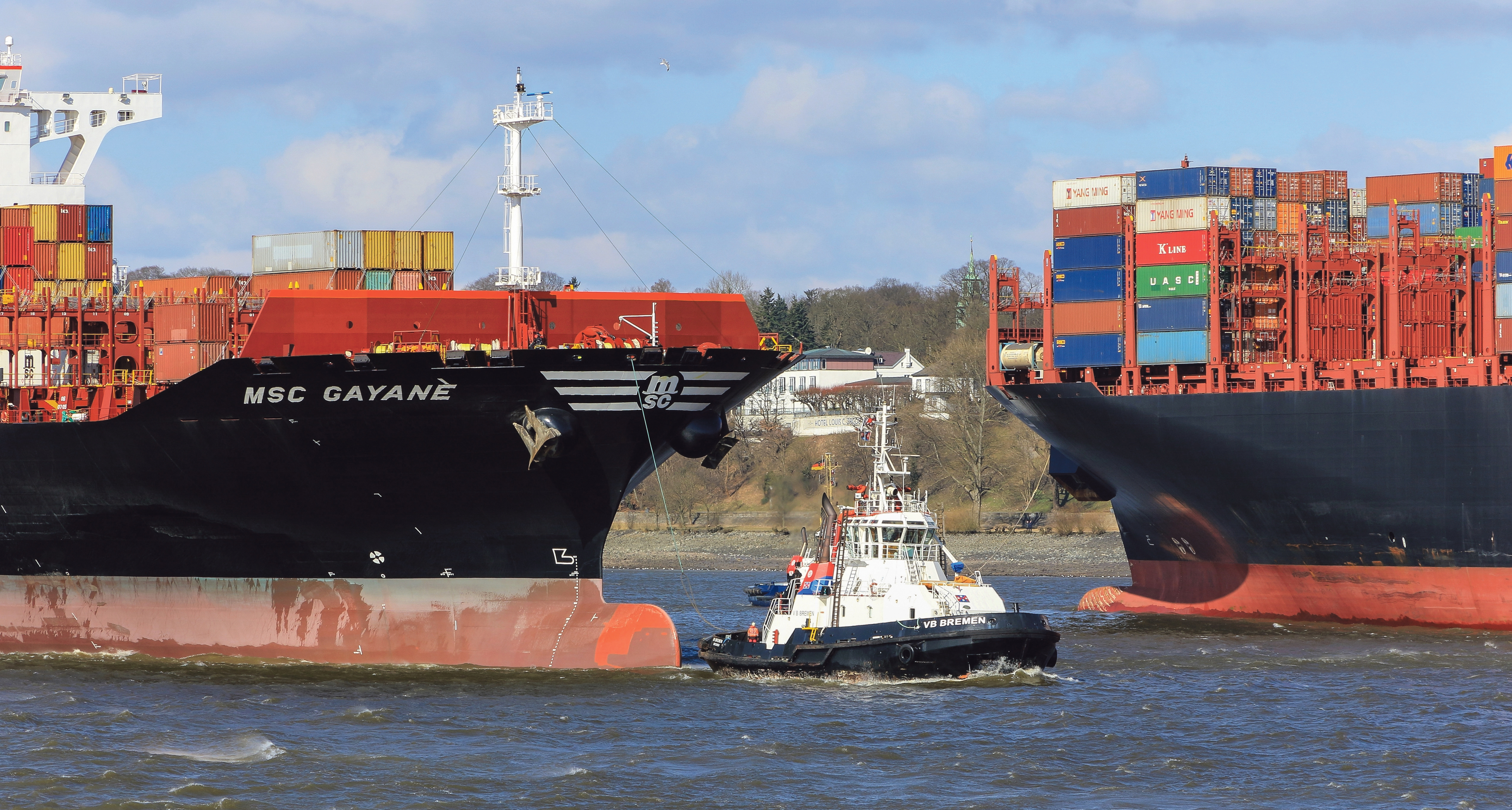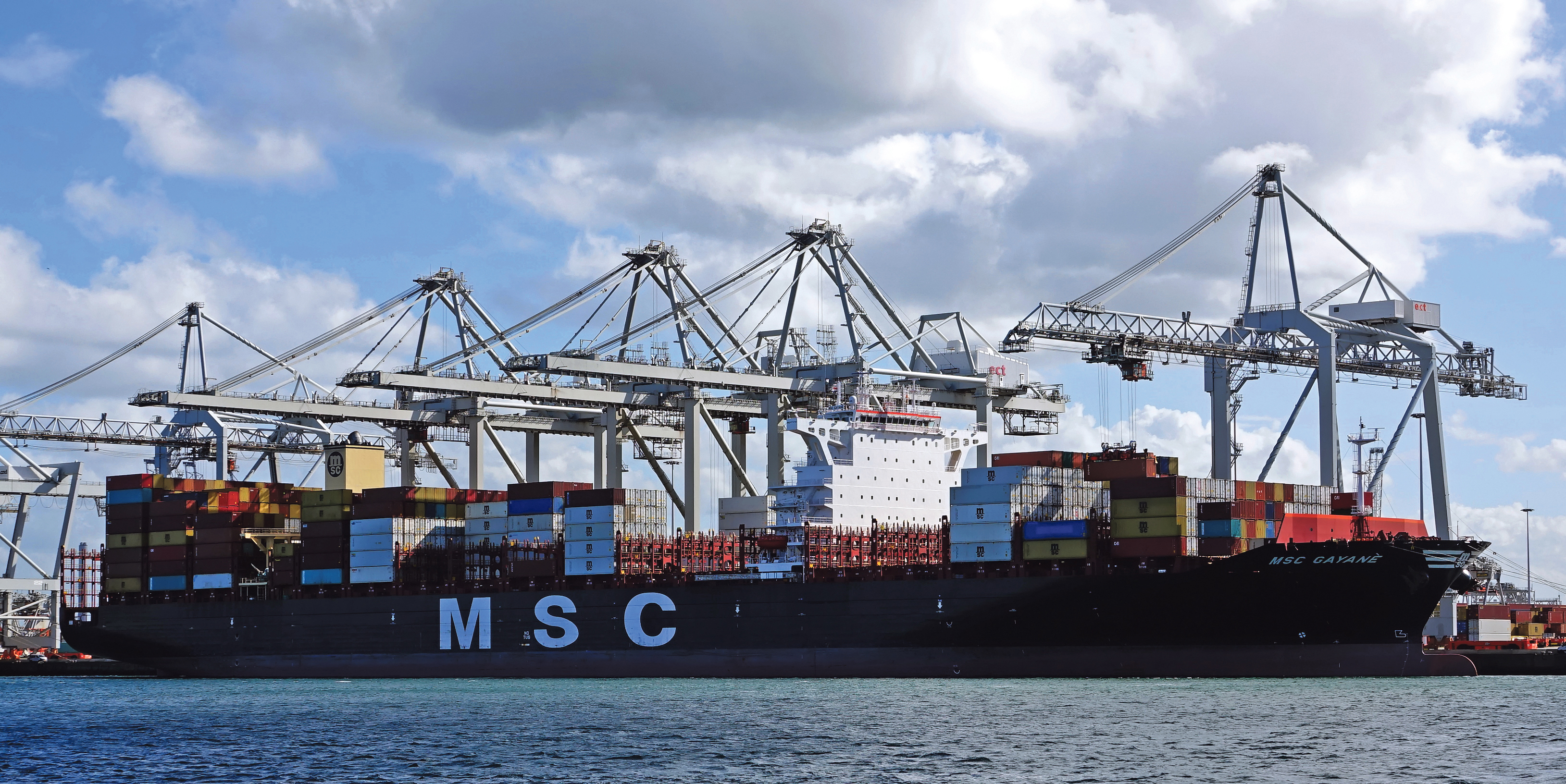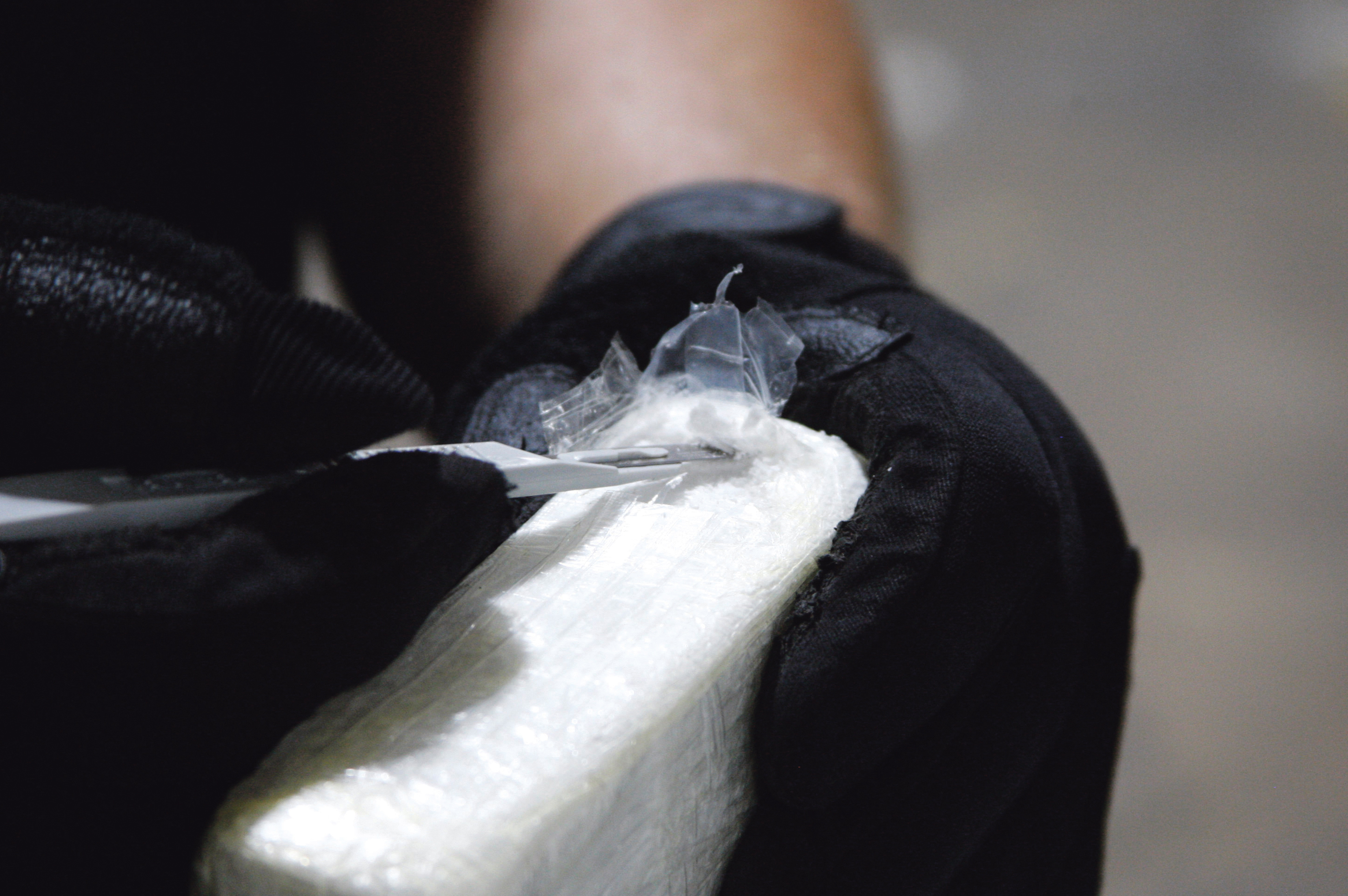GLOBAL ORGANISED CRIME: Container clampdown: How the shipping industry is going hi-tech to outsmart wily drug traffickers
From “smart” containers that detect when a door is opened, to focusing on the identities of drivers who move containers around at harbours, certain sectors of the shipping industry are tightening controls to try to disrupt drug trafficking.
Daily Maverick recently reported that on 16 March, the United Nations Office on Drugs and Crime released its Global Report on Cocaine 2023 in which South Africa featured prominently.
Among its findings in relation to this country, the report said: “In South Africa, the authorities reported traffickers were increasingly using maritime routes since the pandemic.”
Piggybacking
Traffickers have for long used shipping containers to transport illicit cargo.
“The most popular method in recent years is to ‘piggyback’ on a legitimate shipment without the shipper’s knowledge,” the report said.
“Moving large quantities of cocaine in this way requires a network of collaborators – port workers, transport companies, drivers or customs officials.”
The report also detailed how traffickers were getting more creative when trying to conceal drugs.
Cocaine in beeswax and charcoal
“Cocaine has been detected recently in beeswax, plastics, herbs, charcoal and various liquids,” it said.
“In Europe in particular, these methods are making the drug hard to detect. However, this method requires a complex process of chemical extraction to separate the cocaine from other substances.”
Extraction laboratories involving chemical experts were discovered, suggesting such methods of drug smuggling were becoming more widespread.
‘Hi-tech’ security fencing, which is being installed around Durban’s port boundaries, is intended to curb crimes such as theft and vandalism. (Photo: Gallo Images)
In South Africa, global drug cartels use the Port of Durban, where massive consignments of cocaine have previously been intercepted.
Transnet did not respond to Daily Maverick questions sent to it in January about plans to act against drug trafficking.
Daily Maverick previously reported that a hi-tech fence was being erected at the Port of Durban to try to prevent trespassers from accessing the harbour.
But that security measure does not address what is happening on ships.
Daily Maverick therefore put questions to the Mediterranean Shipping Company (MSC) as well as the company Maersk about measures in place on their sides to try to clamp down on drug smuggling.
Maersk did not respond to two requests for comment.
50 detection techniques
MSC explained that it had several plans in place to try to disrupt trafficking.
The company has before been flagged in terms of cocaine smuggling – in one of three busts involving MSC ships in the US in 2019, cocaine worth more than $1-billion was discovered on the MSC Gayane at the Port of Philadelphia.
In related legal action, several MSC crew members from Montenegro were arrested and jailed.
The Gayane case suggests members of a drug cartel infiltrated the company.
In its response to Daily Maverick questions about what it was to bolster security, MSC said: “[This company] spent $100m in 2022 alone on cargo security, including measures to help minimise and disrupt drug trafficking.
“Today we have more than 50 ways to detect and disrupt container drug trafficking. We cannot reveal them all as this could compromise our security efforts, as well as those of customs and law enforcement bodies with which we collaborate.”
New technology
MSC was also pioneering new technology involving containers at a terminal in Antwerp in Belgium and this would possibly also be rolled out in Rotterdam in the Netherlands – shipments of cocaine were a problem in Antwerp and Rotterdam – and other ports thereafter.
The technology involved drivers collecting MSC containers at a terminal and instead of a PIN code, details linked to the drivers – including digital identifications, biometric data and a specific code called the Truck Appointment Reference code – were scanned at a gate.
“This combined approach makes the pick-up process more secure and efficient,” MSC’s response said.
“Mediterranean Shipping Company is the first shipping company in the world to launch ID-based container pick-up.”
US Customs and Border Protection and Homeland Security investigations led a multi-agency inspection of the MSC Gayane that resulted in the seizure of about 35,000 pounds of cocaine discovered in seven shipping containers, 17 June 2019. (Photo: Steve Sapp, CBP Office of Public Affairs)
‘Smart containers’
In many countries, including South Africa, the rip on/rip off smuggling method was used in terms of shipments of cocaine.
It involved corrupt workers at harbours tampering with cargo seals to secretly load drugs into containers at a departure port and retrieve it at a destination port without the ship authorities, or those involved in importing or exporting the cargo, knowing.
In relation to this, MSC said: “[This company] also addresses seals security and includes smart containers that detect door openings in near real time and other security infringements among the measures we deploy.”
A Maersk document from 2006 said it had a “container seal policy”, illustrating how it was trying to deal with the smuggling of illicit goods back then already.
“Maersk Line advocates and requires the use of high-security bolt container seals … as an integral part of supply chain security,” the document said.
“The objective in using this type seal is to minimise the risk of unauthorised access into the container, thereby reducing the risk of cargo pilferage and the introduction of contraband.”
Unpredictable ‘human factor’
Meanwhile, the Global Report on Cocaine 2023 said traffickers relied on “service providers and brokers” to move drugs.
“These service providers have become increasingly specialised in areas such as transportation, money laundering, corruption of state agents,” it said.
In South Africa, some police officers have been arrested in terms of cocaine interceptions and there are widespread suspicions in cop circles that cartels have forged ties with corrupt workers at harbours and on ships.
MSC said contractors who worked with it went through a vetting process.
“Unfortunately, there will always be individuals who can be corrupted by drug traffickers – or, even more difficult to predict, decent people who will succumb to violent threats by dangerous criminals against them and their families,” it said in its response to Daily Maverick.
“This is a human factor which is impossible for individual companies to control entirely.” DM168
Caryn Dolley has spent years tracing the footprints of drug kingpins from across the world. In her latest book, Clash of the Cartels, Dolley provides unprecedented insight into how specific drug cartels and syndicates have operated via South Africa, becoming embroiled in deadly violence in the country and bolstering local criminal networks. Available from the Daily Maverick Shop here.
This story first appeared in our weekly Daily Maverick 168 newspaper, which is available countrywide for R25.
![]()
